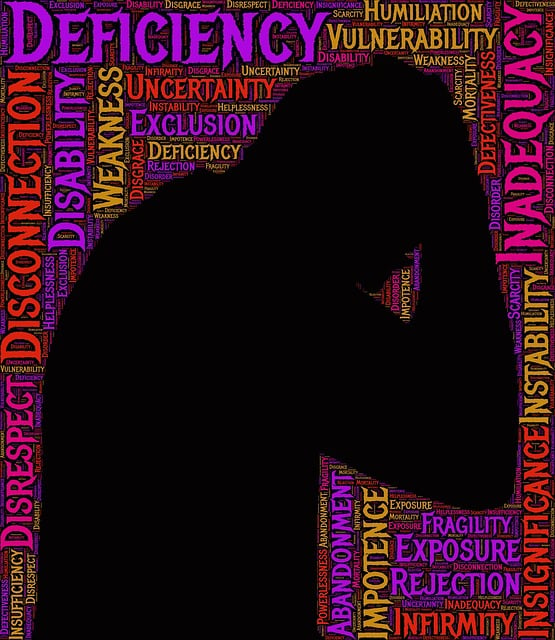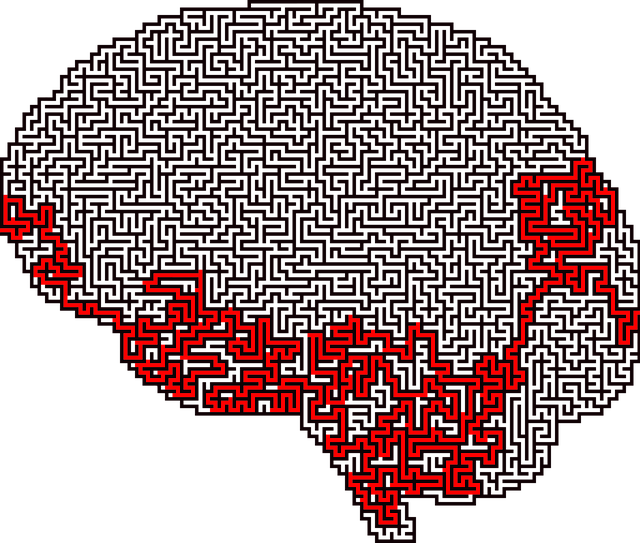Westminster Divorce Therapy employs dynamic facilitation techniques in mental wellness groups to create a safe, open environment that promotes connection, healing, and growth. Using active listening, reflective summarizing, ice-breaking activities, clear boundaries, and interactive exercises, facilitators ensure every member feels valued and heard while fostering trust and community. This approach enhances coping mechanisms, builds resilience, and provides hope during challenging life transitions like divorce, ultimately encouraging personal growth within a supportive network.
Mental wellness group facilitation plays a crucial role in supporting individuals through challenging times, offering a safe space for open communication. This article explores effective techniques tailored to diverse needs, focusing on group dynamics and trust-building. From understanding complex transitions to implementing strategies that empower members, these approaches can significantly enhance collective healing. Discover how Westminster Divorce Therapy’s evidence-based methods facilitate transformative experiences, fostering resilience and growth within supportive communities.
- Understanding Group Dynamics for Effective Facilitation
- Techniques to Foster Open Communication and Trust
- Strategies for Supporting Individuals Through Difficult Transitions
Understanding Group Dynamics for Effective Facilitation

In any group setting, dynamics play a pivotal role in shaping the therapeutic environment, especially when facilitating mental wellness groups. As a facilitator, understanding these dynamics is key to ensuring every member feels heard, valued, and supported. Group facilitation isn’t merely about guiding conversations; it’s about fostering a sense of community where individuals can connect, heal, and grow together. This involves recognizing power imbalances, encouraging active participation, and creating a safe space for vulnerability. Techniques from Westminster Divorce Therapy, like active listening and reflective summarizing, are invaluable tools to navigate these dynamics, ensuring the group remains inclusive and productive.
A well-structured mental wellness group leverages its members’ collective experiences to enhance overall mental health and resilience. Facilitators should be adept at managing conversations, ensuring every voice is heard, and promoting open dialogue. This can be achieved through strategic interventions like breaking ice, setting boundaries, and incorporating interactive activities. Moreover, facilitators must remain attuned to individual needs, adapting their approach to prevent burnout among participants—a critical aspect often highlighted in Burnout Prevention Strategies for Healthcare Providers. By maintaining a positive and inclusive atmosphere, the group can serve as a Positive Thinking haven where members not only find solace but also discover tools for personal growth and coping mechanisms.
Techniques to Foster Open Communication and Trust

Creating a safe and open environment is pivotal for facilitators leading mental wellness groups, especially when addressing sensitive topics like divorce. At Westminster Divorce Therapy, techniques prioritizing active listening and non-judgmental attitudes are fundamental to fostering trust among participants. Encouraging individuals to share their experiences and emotions freely involves setting clear boundaries, ensuring confidentiality, and modeling vulnerability yourself. These practices cultivate a sense of security, prompting group members to engage in honest dialogue.
Additionally, incorporating interactive activities and exercises designed for conflict resolution can enhance communication. Stress Reduction Methods and Conflict Resolution Techniques are effectively integrated through group discussions, role-playing scenarios, and collaborative problem-solving tasks. Such interactions not only improve participants’ ability to manage stress but also provide them with practical tools for navigating interpersonal challenges within the context of a supportive community, ultimately fostering a deeper sense of connection and trust among group members.
Strategies for Supporting Individuals Through Difficult Transitions

Facilitating a supportive environment for individuals navigating difficult transitions is a delicate yet powerful aspect of group therapy. Many clients in therapy might be facing challenging life events such as divorce, which can significantly impact their mental wellness. Techniques to aid in this process should focus on empowering individuals with coping mechanisms and fostering a sense of community.
One effective strategy is incorporating practices like mindfulness meditation and emotional regulation exercises into the group setting. Teaching clients tools for mood management can help them gain control during turbulent times. These techniques encourage self-awareness, allowing individuals to recognize and process their emotions effectively. By sharing experiences and insights in a safe space, participants can build resilience, offering a sense of hope and camaraderie, especially when going through transitions like those experienced at Westminster Divorce Therapy.
Group facilitation techniques, when applied with understanding of dynamic interactions, can create a supportive environment for mental wellness. By fostering open communication and trust, facilitators can help individuals navigate difficult transitions, much like Westminster Divorce Therapy specializes in guiding couples through complex separations. These strategies ensure every voice is heard and respected, fostering a sense of community and healing. Incorporating these techniques allows facilitators to make a profound impact on the mental health and resilience of group members.














